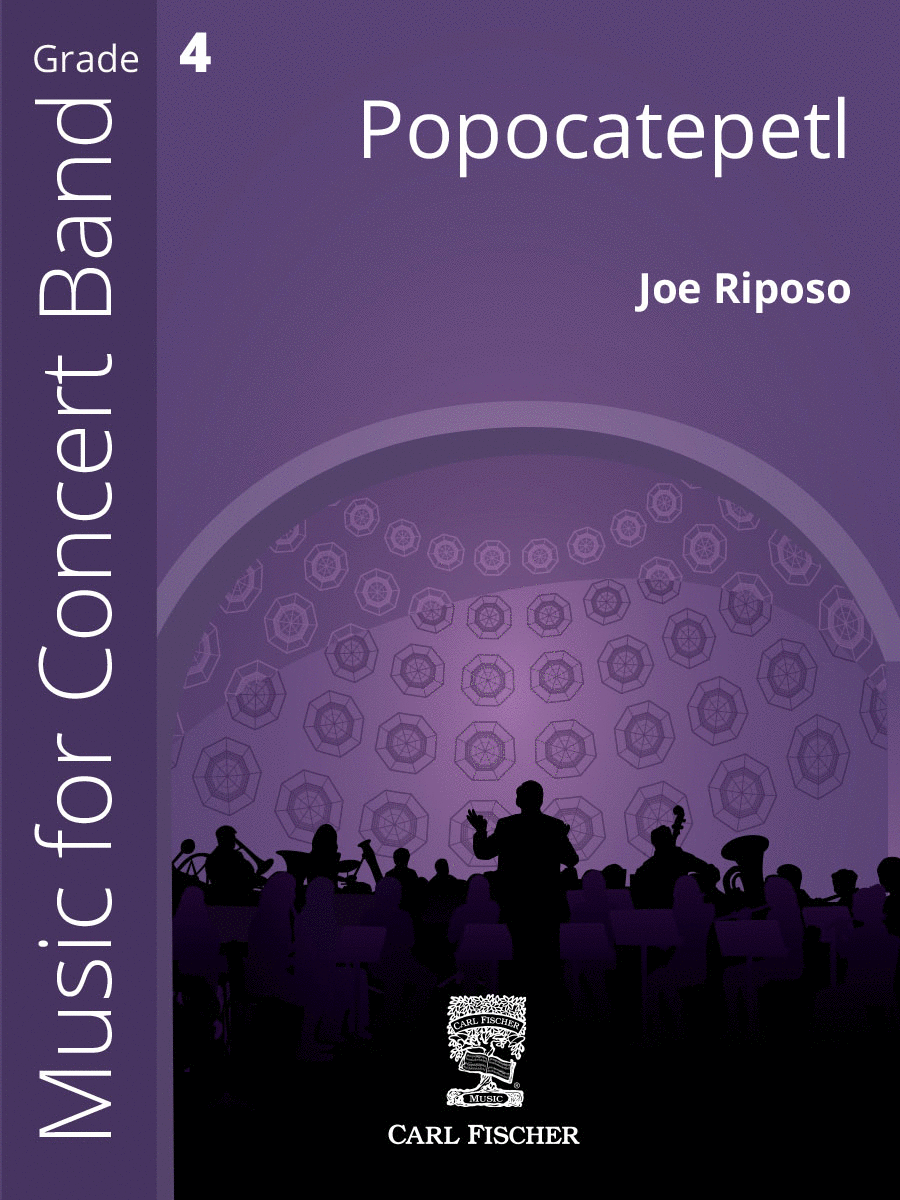 | Composed by David Leisner
(1953-). Sws. Duration 10
minutes. Theodore Presser
Company #144-40721.
Published by Theodore
Presser Company Arr : ViolaPublisher : Theodore Presser Co.$12.99 - See more - Buy online
ISBN 9781491132371. 9 x 12 inches.
The two-movement VAPORS was composed in 2008-09, inspired by the composeras visit to artist Constance DeJongas studio. Leisner was moved by her large two-paneled Nitrate Painting XVI, and he has written: aYou can feel enveloped by it and meditatively immersed in its cloudy or watery atmosphere, depending on how you see it. The more I looked at it, the more it gave me a similar feeling to watching a snowfall in which the snowflakes appear to be falling and rising at the same time. The first movement, Falling, came out of this sensation. Later, when I decided to add a second movement, Floating, I turned the work on its side in my imagination, and now saw a broad expanse of clouds or ocean, with spatial depth that was accompanied by a sense of depth of time. This image spawned the second movement.a.
Vapors was composed in 2008-09 and inspired by a studio visit to my friend, the brilliant artist Constance DeJong, in New Mexico. Looking at her Nitrate Painting XVI, a large two-paneled piece, slightly curved toward the viewer and a little larger than a person, you can feel enveloped by it and meditatively immersed in its cloudy or watery atmosphere, depending on how you see it. The more I looked at it, the more it gave me a similar feeling to watching a snowfall in which the snowflakes appear to be falling and rising at the same time. The first movement, aFalling,a came out of this sensation. Later, when I decided to add a second movement, aFloating,a I turned the work on its side in my imagination, and now saw a broad expanse of clouds or ocean, with spatial depth that was accompanied by a sense of depth of time. This image spawned the second movement. DeJongas work is often based on precise mathematical systems of nature. I took a cue from that and structured my work on the early numbers of the Fibonacci Series, which is a numerical progression frequently found in nature, where each successive number is the sum of the two preceding numbers: 1, 1, 2, 3, 5, 8, 13, 21, and so on. a David Leisner. |
|

 (AMERICAN COMPANY)
(AMERICAN COMPANY) 




